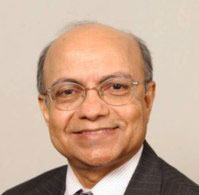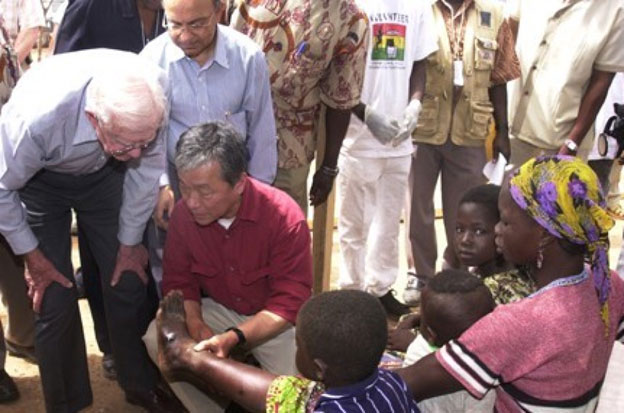KATHMANDU, Nepal, Jan 02 (IPS) – Former American President Jimmy Carter was a man of peace and principles. He presided over a tumultuous period in American history from 1977 to 1981, working hard to restore trust in government after the Watergate scandal and the divisive era of the Vietnam War. He brokered a landmark peace deal between Israel and Egypt and negotiated a historic treaty to hand over the Panama Canal to Panama.
Former US President Jimmy Carter, a leader of impeccable integrity and decency who devoted his life to promoting peace and democracy worldwide. I recall his contribution to the peace process in Nepal and his leadership in combatting deadly diseases in Africa.
Jimmy Carter enthusiastically supported the child survival campaign led by UNICEF. He had nominated Jim Grant to be the Executive Director of UNICEF and said that it was one of the most important decisions of his presidency.
Carter, a champion of human rights both in the US and around the world, passed away at 100 on December 29, 2024.
More than any recent American president, Carter pressed gently but firmly on autocratic regimes worldwide to respect human rights and the rule of law. When he led the country with immense moral authority, it encouraged many human rights advocates, while dictators worried about the US sanctions.
At home, Carter got many progressive legislations passed in areas of consumer protection, welfare reforms and the appointment of women and minorities in America’s judiciary. However, he had difficulties managing the US economy, the Iran hostage crisis and the Soviet invasion of Afghanistan. And in the 1980 Presidential election, when he lost his bid to Ronald Reagan, his active political career came to an end.

But he didn’t retire to a comfortable life, rather, he embarked on a noble mission as one of the world’s highly respected elder statesmen, deeply committed to promoting democracy and human rights. He founded the Carter Center with a motto of “Waging Peace, Fighting Disease and Building Hope”.
With his team, he worked tirelessly to help resolve conflicts, monitor elections and improve human health through campaigns to eliminate several neglected diseases afflicting the poorest people worldwide, particularly in Africa.
“For his decades of untiring effort to find peaceful solutions to international conflicts, to advance democracy and human rights and to promote economic and social development,” Carter won the Nobel Peace Prize in 2002.




